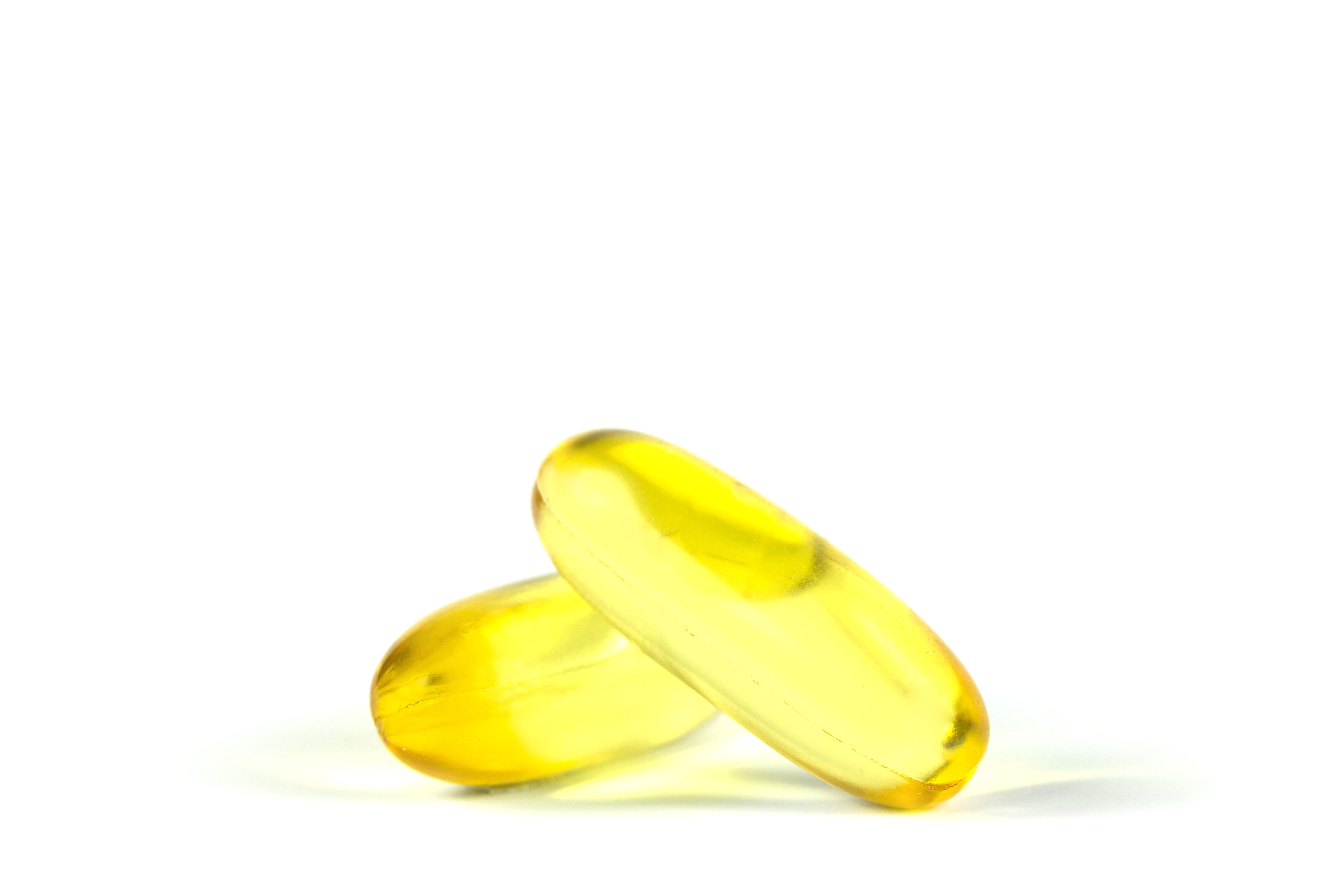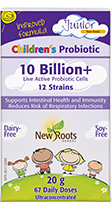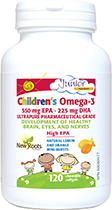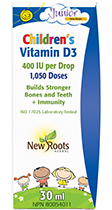Children’s Health: Setting the Foundation
New and experienced parents alike fret about the health of their children. Children seem to get sick more often than adults, especially when they are in frequent contact with other young children, and they are often fussy eaters. Since young children can’t always communicate how they feel, it’s hard for parents to know what they should be doing to help support their kids’ health.
Diet
As a bird’s-eye view, try to ensure that your children’s diet contains some of each of the following: Colorful fruits and vegetables, good-quality protein, and healthy fats. Fruits and vegetables may consist of peeled cucumbers; carrot sticks; soups or stews with cooked (therefore easy to chew and digest) carrots, sweet potatoes, zucchini, and other veggies; berries; apples with cinnamon; homemade applesauce; or other fruits. This helps ensure that your child is getting important vitamins and plant-based antioxidants, as well as fibre. It also helps them develop a palate for these types of foods in general, as they get older.
Protein is vital in supporting healthy growth—muscles, bones, hair, skin, nails, etc.—as well as immune function. The highest-quality protein sources tend to be animal-derived. These include eggs, chicken, ground beef, and other softer types of meats. An omelette with some finely chopped veggies and a bit of olive oil can be a nice way to get protein, veggies, and some healthy fats. Kids also seem to like soft and easy-to-chew types of meat, so oven-roasted chicken cut up in small pieces or ground beef (organic if possible) are great ways to serve up some protein. If there are no issues with allergies, nuts such as walnuts or almonds—either as a snack or added to other foods—are a good source of proteins and healthy fats.
Healthy fats are important for brain development as well as growth in general. These could include avocado, coconut, extra-virgin olive oil, nuts and nut butters (no sugars added!), as well as fat-containing dairy products such as no-sugar-added yogurts or nonprocessed cheese.
Restricting foods with added sugar, processed foods (anything from a bag or a box), candy, pop and sugary drinks is also an important part of a healthy diet. Maintaining enough outdoor play and exercise is also critical to healthy physical and psychological development. Current recommendations are for a minimum of at least one hour of physical activity per day.

There is a vast body of evidence evaluating the effects of diet on children’s health.[1] With respect to the Mediterranean dietary pattern (increased fruit and veg, healthy fats including olive oil and nuts, moderate animal protein, and minimal processed foods), this has been shown to reduce obesity and improve metabolic parameters such as blood glucose and cholesterol in children.[2] In addition, an important part of promoting healthy eating behaviours amongst children is for parents to model this behaviour and to normalize this type of eating pattern.
Supplements
In addition to obtaining vitamins from diet, supplementation with a handful of important supplements has been shown to yield additional benefits. A good-quality multivitamin can help provide what may not be obtained through diet, especially in fussier children. B vitamins and folic acid are important in metabolizing brain neurotransmitters, in producing red blood cells, and in maintaining good energy levels. Vitamin C is important in helping fight infection. Trace minerals such as iron and zinc are essential for proper growth and immune function.
In Canada, there is a high prevalence of vitamin D deficiency, due to low exposure to ultraviolet-B sunlight in the winter months. Even in the summer months, many Canadian children spend much of their time indoors. Vitamin D is critical for healthy muscle and bone formation as well as for healthy immune function. Vitamin D supplementation has been shown to reduce the incidence of upper respiratory infections.[3] Conversely, low vitamin D levels are associated with insulin resistance, a precursor to developing diabetes,[4] as well as anxiety.[5] Moreover, vitamin D has been shown to benefit a number of conditions that commonly affect children, including asthma,[6] enuresis (bed-wetting),[7] as well as more severe respiratory infections.[8]
Probiotics, or “beneficial bacteria,” are also an important intervention to help support healthy immune development in children. More evidence emerges daily on the plethora of health effects associated with the microbiome in general and with probiotics in particular. Bacterial species inhabiting the gastrointestinal tract and mucus membranes play a role in “training” immune cells how to react to certain food proteins and other allergens that the body may be exposed to.[9] Probiotics also help fight infection and reduce the side effects of antibiotics.[10][11] Studies show that probiotic supplementation can reduce upper respiratory infection such as ear infection,[10] reduce eczema severity,[12] and reduce risk of antibiotic-associated diarrhea.[11]
 Finally, fish-derived omega-3 fatty acids eicosapentaenoic acid (EPA) and docosahexaenoic acid (DHA) are critical nutrients in supporting healthy neurological and immune development. A 2018 study in Canadian toddlers aged 2 to 3 years found that only 5% of toddlers were meeting recommendations for EPA and DHA intake.[13] Similar data has been produced in relation to children aged 4 to 8 years.[14] This gap can be made up either through an increased intake of oily fish such as salmon, or, more likely in children, supplementation with a good-quality fish-oil supplement that provides a therapeutic dose of EPA and DHA.
Finally, fish-derived omega-3 fatty acids eicosapentaenoic acid (EPA) and docosahexaenoic acid (DHA) are critical nutrients in supporting healthy neurological and immune development. A 2018 study in Canadian toddlers aged 2 to 3 years found that only 5% of toddlers were meeting recommendations for EPA and DHA intake.[13] Similar data has been produced in relation to children aged 4 to 8 years.[14] This gap can be made up either through an increased intake of oily fish such as salmon, or, more likely in children, supplementation with a good-quality fish-oil supplement that provides a therapeutic dose of EPA and DHA.
DHA is a structural component of the cell membrane, which is of particular importance for brain cells and cells of the nervous system, where the cell membrane constitutes a large part of the cell.[15] DHA is also important for similar types of cells in the retina of the eye, and the sensory organ of the ear. DHA intake is particularly important during infancy and early childhood. Fish intake has been shown to improve cognitive development in toddlers.[15] EPA is an anti-inflammatory component that has been shown to improve immune tolerance, decreasing the risk of allergy,[16] as well as to improve mood and behavioural problems in children. In conditions such as depression, pediatric bipolar disorder, and ADHD, a fish oil high in EPA has overwhelmingly shown to be most effective.[17][18][19]
References
 Philip Rouchotas, MSc, ND
Philip Rouchotas, MSc, ND
Well-known in the community as a naturopathic doctor,
associate professor, and editor-in-chief of Integrated
Healthcare Practitioners.

 Stores
Stores


